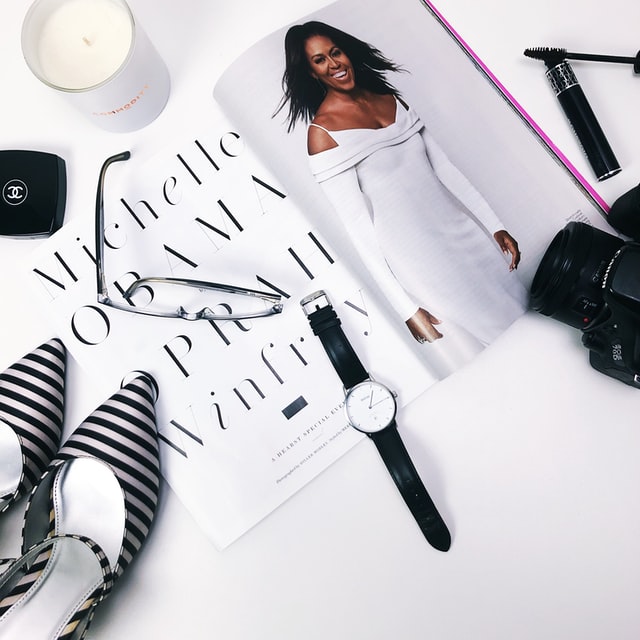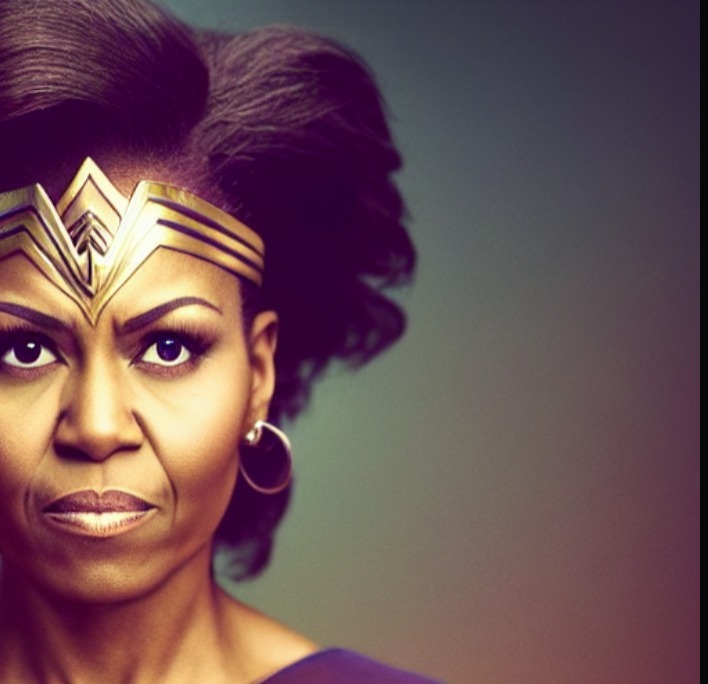“O-bam-aaaaaaaaaa!” one of my friends shouts as she swaggers into the classroom, one fist proudly thrust into the air and the other hand dragging a drawstring JD Sports bag behind her.
She’s met with an animated chorus of “Yeah!”, “Woo!” and “Aye!” and our merciful teacher doesn’t even attempt to quiet the room.
5th November 2008. The day after the US presidential election and between these four walls, at a standard secondary school in the arse end of south Croydon, there is nothing but pure joy.
Truth be told, I’m pretty sure no one in my class actually stayed up to watch the results come in.
I willingly admit that in my late teens I had no idea what each American political party meant, let alone what they stood for.
November 2008 was the first time I actively (and I use the word ‘actively’ in a very loose, teenage nonchalance kind of way) engaged in politics, and my interest was sparked by what was happening on a different continent. But the whole world knew that putting Barack Obama in the White House was a turning point. We all knew that something big was happening.
In that moment, as I cheered along with my small group of black friends, celebrating the election of the first black US president, I wasn’t to know that it would actually be the black first lady who would come to change everything.
I’d later discover that it was Michelle Obama who made me and so many others sit up and pay attention to what it could mean to be a black woman in power.
A lifetime of feeling intimidated by the pressure to attach ‘strong’ and ‘independent’ to my identity no longer felt driven by Destiny’s Child lyrics and rom-com stereotypes.
The public understanding of black womanhood, black love and black girl magic was opened up to bigger conversation, critique and celebration years before hashtags were a thing.
And it’s only recently, as I progress further into adulthood and look around at the women breaking ceilings and clearing paths ahead of me, that I realise how big a role Obama has played in shaping our outlook.
I know what you’re thinking: Woah, we’ve got ourselves a real fangirl here! And yes, we do.
But my stanning of Obama resonates a little deeper than throwing a few lols and prayer hand emoji at that heavily memed photo of our outgoing first lady looking openly pissed off at Donald Trump’s inauguration.
Think about it for a second. How many visible, celebrated black British women can you name right now? Off the top of your head, no googling; who have we got? We have celebrities.
We have incredible writers, impassioned entrepreneurs and an ever-growing force of talent who deserve way more recognition than the mainstream typically offers. But here in little old Britain we don’t have an Obama.
We don’t have a revered public figure whose presence is as prominent in politics as in pop culture.
We don’t have a woman who gives you the impression that she really understands what you’re going through and actually gives a shit, too.
We don’t have quite the same beacon of humility who radiates a lightness, even when the circumstances aren’t particularly pleasant.
That’s a hell of a lot to place on one woman for sure, and it’s probably too much for any singular person to knowingly carry.
But in a society that lacks a representative number of black women who are respected in the way this one is, we have no choice but to look to our Forever First Lady over in the States.
We look to Michelle Obama, the uncontested matriarch of black womanhood.
Admittedly, it’s quite weird to admire someone you don’t know so fiercely. We do it all the time with celebrities, do-gooders, Beyoncé.
But true respect – the type that makes your heart clap – doesn’t materialise on its own. If there were any doubting why Obama triggers that response from so many people, allow me to direct you to her book, Becoming.
I know you’ve heard about it. I know you were distressed when the tickets for her London talk sold out in minutes, and then freaked out all over again when you heard what she had to say.
And I know you want to read this book. Why? Because we already feel like we know Obama’s story and, inevitably, we want more.
Her relationship with Barack has always come across as sincere and intimate, as does her adoration of her daughters Malia and Sasha.
Obama’s fierce commitment to girls’ education has never felt like a House of Cards-style side project to keep the president’s wife occupied – far from it.
““When someone is cruel or acts like a bully, you don’t stoop to their level. No, our motto is, when they go low, we go high.”
Michelle Obama
And if the cries for Obama to run for office herself are anything to go by, there’s an international understanding not just of the fact that, yeah, she seems like a pretty cool person, but also that we really need someone like Obama in our line of sight. Her memoir promises to keep her there for a while.
The bad news is that a return to the White House definitely isn’t going to happen.
“Because people often ask, I’ll say it here, directly: I have no intention of running for office, ever,” she writes. Obama’s dislike of politics and the novelty of normality are totally understandable after two terms of living in a goldfish bowl.
However in the book Obama also speaks candidly about the things that drew so many of us towards her as the ally we didn’t know we needed. She continues to volunteer herself as the woman whose life, despite having started earlier, later or on the other side of the world from ours, reflects our own experiences and perhaps foreshadows what might come.
“The difference between a broken community and a thriving one is the presence of women who are valued.”
Obama writes about the learned vulnerability that comes with being an ethnic minority, a weight she’s carried since her modest childhood in south Chicago all the way through to her very public adulthood and being “taken down as an ‘angry black woman'” while simultaneously being regarded as the most powerful woman in the world.
She recalls the times she’s “smiled for photos with people who call my husband horrible names on national television, but still wanted a framed keepsake for their mantel.”
She mentions the “swampy part of the internet that questions everything about me, right down to whether I’m a woman or a man.” And the time that a sitting US congressman made fun of her bum.
I have hope that the negative stereotypes placed on our community diminish, ever so slightly, every time we combat them with Obama’s famed “when they go low, we go high” attitude.
It is imperfect and I don’t doubt that there’d be calls for a more assertive response in the face of some injustice, but the allure of that way of thinking is rooted in the appeal of Obama herself.
In who else can we find this distinct, authoritative, meditative sentiment? We need her. Speaking not just of America’s politically activated shitstorm but Britain’s own troubling social unrest, Obama remains a crucial representative voice for black women while so many remain unheard. Her influence here in the UK has never been more welcome.









